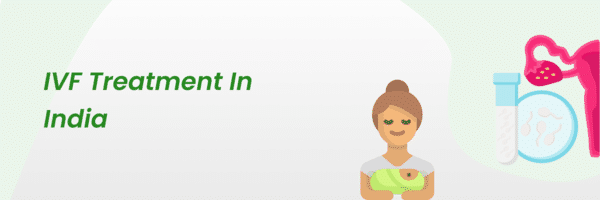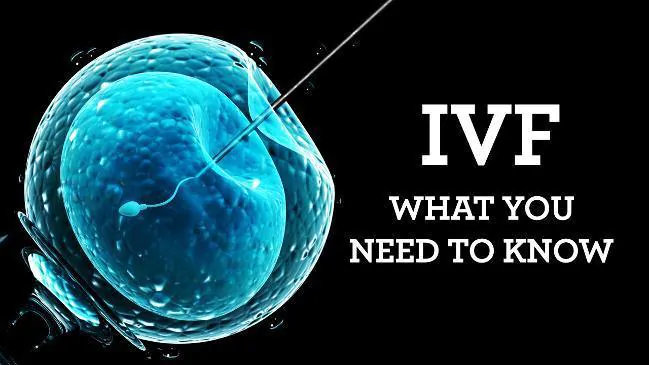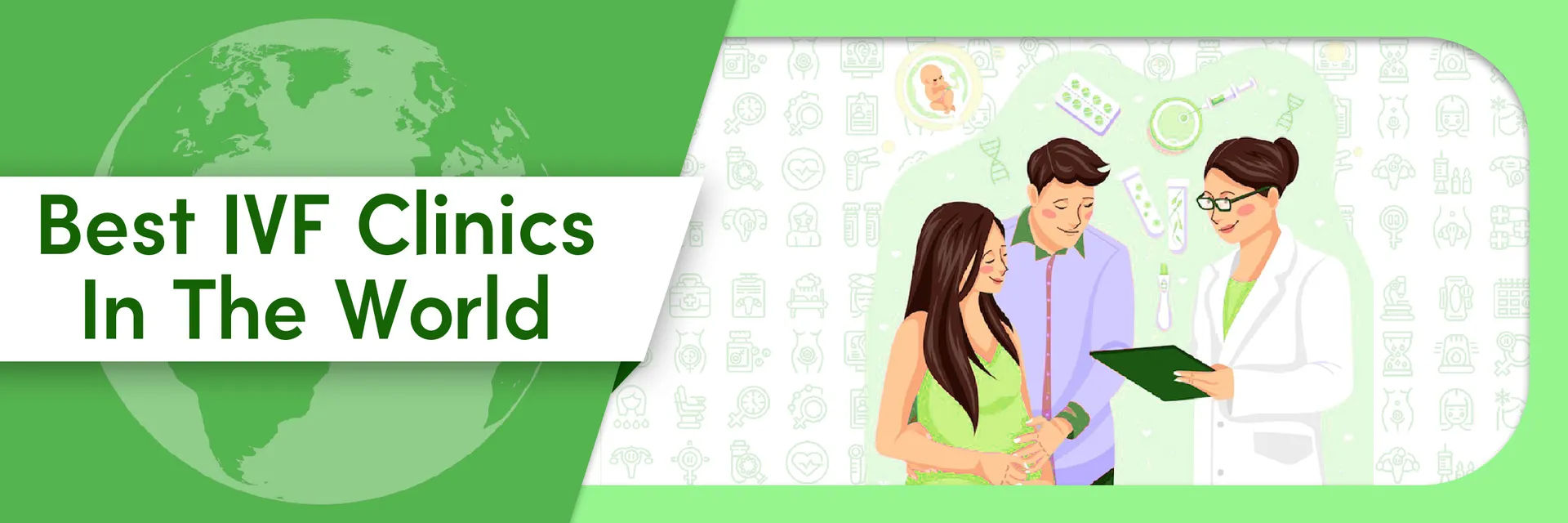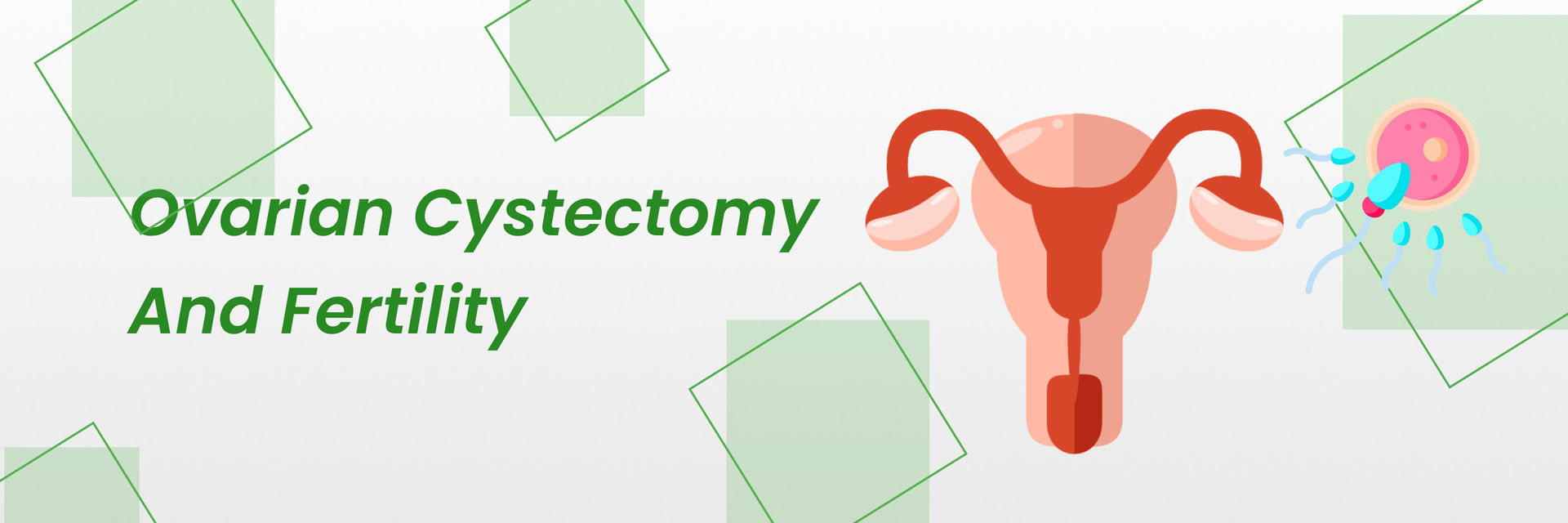Overview
Ovulation is the release of a mature egg from the ovaries. It is a very important factor for fertility because it is when the woman is most fertile. Ovulation period is the time when the woman can conceive. If this egg gets fertilized by the sperm, it results in pregnancy.
PCOS is a condition that disrupts ovulation. This leads to irregular or absent menstrual cycles. Hormonal imbalance and follicle development issues caused by PCOS can prevent the timely release of mature eggs. This makes it very difficult for women to conceive naturally.
Let's delve into why it's necessary for women with PCOS and how the process works!
Why is ovulation induction necessary for women with PCOS?
Ovulation induction is often necessary for women with PCOS to help them conceive naturally. PCOS inhibits the natural process of ovulation. Hence, ovulation induction in PCOS is necessary to stimulate the ovaries to promote the release of mature eggs. This is done to increase the chances of successful pregnancy and fertilization.
Ovulation induction in PCOS involves the use of medications like oral fertility drugs or injectable hormone therapies. These regulate ovulation and improve fertility in women with PCOS.
How does ovulation induction work in PCOS?
In cases where ovulation does not occur, a higher dose of progestin is prescribed. This induces menstruation before the start of the next cycle. Ovulation induction in PCOS has a success rate of 7-% - 80%. This is achieved over a span of 6-9 treatment cycles. After the treatment, the rate of pregnancy is around 70% - 75%.
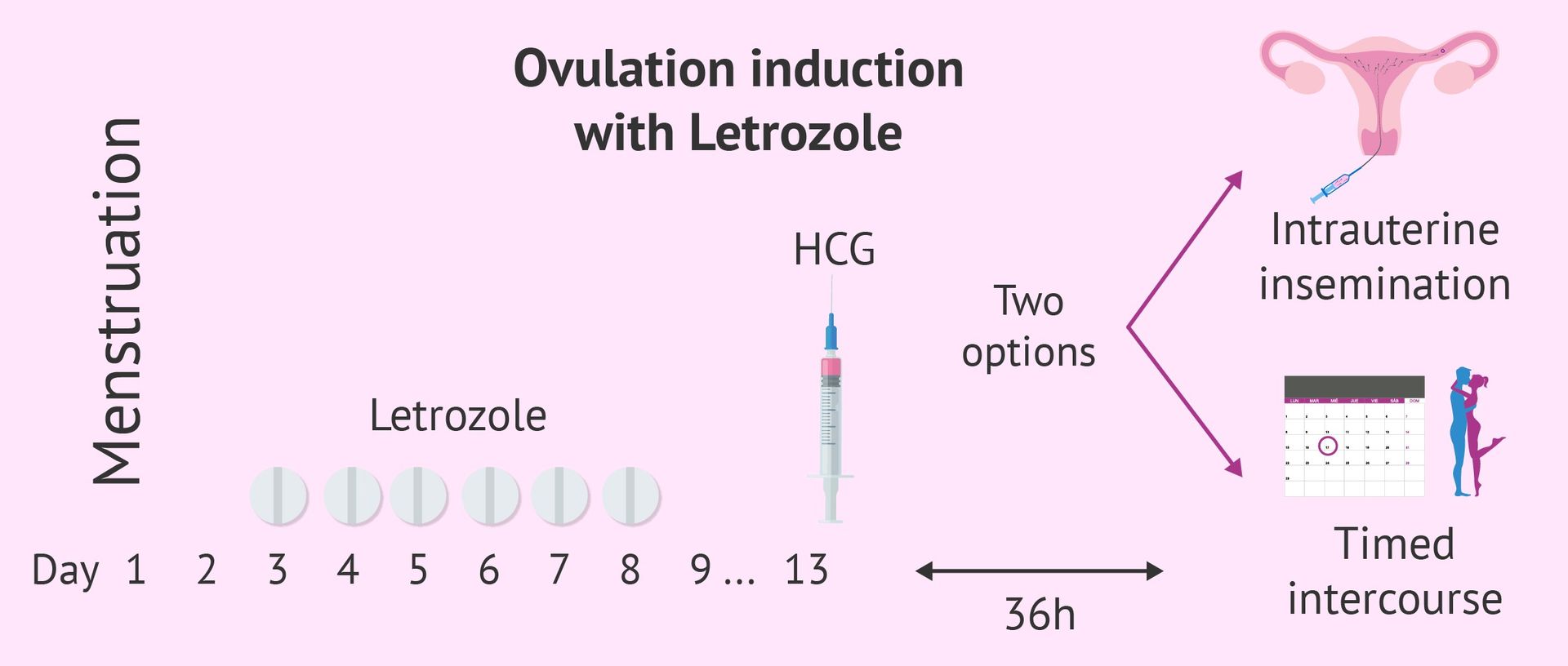
In ovulation induction in PCOS, oral fertility drugs like Clomid or Letrozole are commonly used. These drugs regulate hormonal imbalances and promote ovulation. Everything is monitored through ultrasounds and hormonal tests to determine optimal timing.
Later ovulation is induced through an hCG shot. The couples should keep a track of ovulation and have timed intercourse for desired results.
Now let us explore how ovulation is monitored during induction.
How is ovulation monitored during ovulation induction?
Ovulation induction in PCOS can be monitored through various techniques. These help to track the response of ovaries and determine the optimal time for triggering ovulation.
The primary methods of monitoring include:
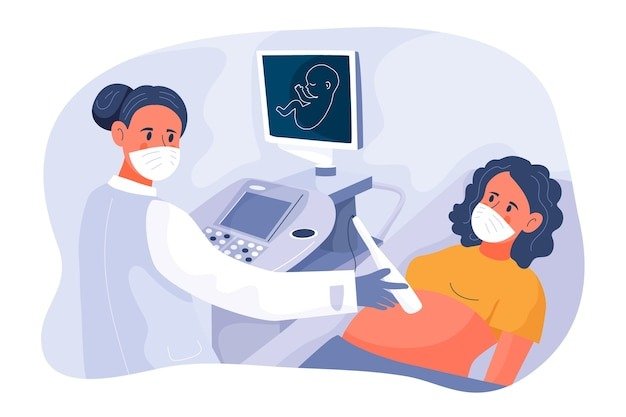
| Ultrasound examinations | Transvaginal ultrasound scans are performed to assess development of ovarian follicles. The size and number of these follicles are monitored. It helps in understanding if they are mature and ready for ovulation. This also helps the doctor to understand the amount of dosage required. |
| Hormonal blood tests | Blood tests are conducted to measure hormone levels. Specifically, these tests are done to measure estrogen (E2) and luteinizing hormone (LH). Estrogen levels rise as the follicles develop and surge in LH indicates that ovulation is approaching. |
| Ovulation predictor kits (OPKs) | Women can also use OPKs. These are urine tests that detect the increase in LH levels. If there are high LH levels in the body, it means the ovulation is near and the couple can time their intercourse. |
According to experts at Nashville Fertility Center in Nashville,
“If ovulation induction is done with oral medications that are less potent than injectable medications, patients usually come to the office one time in their cycle to evaluate egg development. The evaluation is done using a vaginal probe ultrasound to evaluate the size of the follicle, which is the fluid-filled sac around the egg. The egg cannot be seen because it is only a single cell and not visible through ultrasound. If a patient is undergoing a treatment like *in vitro* fertilization and using injectable FSH which is more potent, she would be monitored in the office an average 5 or 6 times over the course of the IVF cycle. Monitoring would include a blood estrogen level and a vaginal probe ultrasound at the time of each visit.”
Let’s look at what options are available if pregnancy does not occur!
What if ovulation induction does not result in pregnancy?
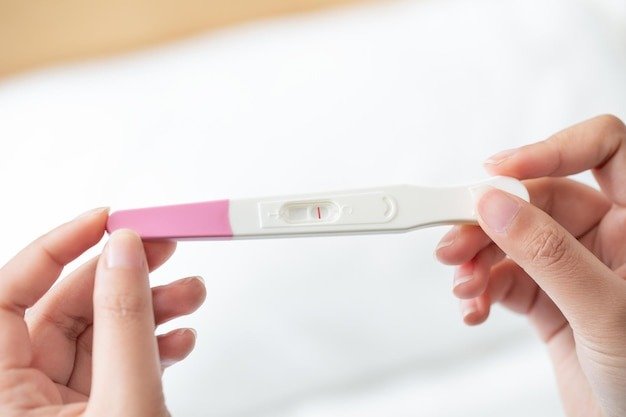
In cases where ovulation induction in PCOS does not occur, medications may be given at the start of the menstrual cycle. This stimulates egg production. If oral tablets also do not work, then more potent fertility injections are needed to stimulate egg development in the ovaries.
Ovulation induction may be attempted for multiple cycles to increase the likelihood of pregnancy. If ovulation induction alone does not lead to pregnancy after multiple cycles, the doctor may consider more advanced assisted reproductive techniques.
Lastly, let’s touch upon the success rate of ovulation induction in PCOS!
What is the success rate of ovulation induction in PCOS?

The success rate of ovulation induction in women with PCOS can vary depending on several factors. These factors may include specific treatment protocol, individual characteristics, and underlying fertility issues. However, as per studies, ovulation induction has a success rate of approximately 70-80% in women with PCOS.
Worried about its long term safety? Let us address your concerns!
Is ovulation induction safe for long-term use?
- One of the potential risks is multiple pregnancies (such as twins or more) due to the increased likelihood of multiple eggs being released.
- Gonadotropin is a more powerful stimulator as compared to clomiphene citrate and letrozole. Hence, they require more frequent monitoring. There are certain risks associated with the usage of gonadotropin.
- Another risk is ovarian hyperstimulation syndrome (OHSS). In this condition, ovaries become overstimulated and swollen. Hence, it is important to discuss with your doctor if long-term use is advisable or not.

